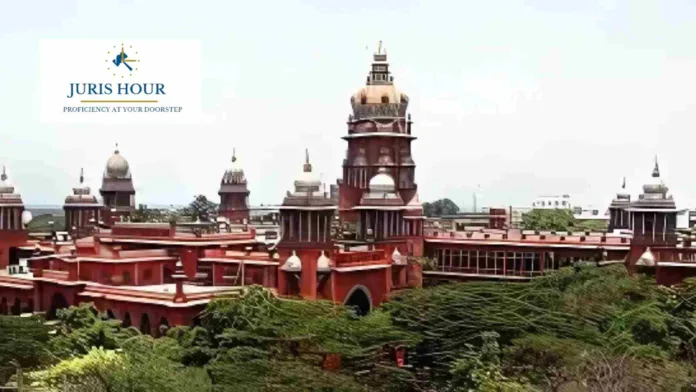The Madras High Court has held that Family Courts are not empowered to grant judicial separation Decree in plea seeking restitution of conjugal rights.
The bench of Justice R. Suresh Kumar and Justice A.D Maria Clete have observed that while the Hindu Marriage Act empowers the Court to grant a decree of judicial separation in a petition filed for divorce, no such power is contemplated in a petition filed for restitution of conjugal rights. In the present case, when the Family Court rejected the prayer for restitution of conjugal rights, it ought to have dismissed the petition as such, rather than granting judicial separation under that petition. The Family Court, however, proceeded to grant judicial separation in both the petitions, including one where the statutory framework does not permit such relief.
The marriage between the appellant (husband) and the respondent (wife) was solemnized on 06.06.2011. It was the second marriage for both parties. The appellant/husband filed petition seeking divorce under Section 13(1)(ia) of the Hindu Marriage Act, 1955 on the ground of cruelty, detailing various instances of mental and physical cruelty, including false accusations, constant quarrels, humiliation in the presence of others, and unfounded allegations that affected his dignity and peace of mind.
Upon full-fledged trial, the Family Court held that the allegations of cruelty and desertion were not proved to the required standard, nor was the wife entitled to restitution. However, on the premise that the relationship between the parties had deteriorated, the Family Court, invoking its discretionary power, granted a decree of judicial separation in both matters by invoking Section 13A of the Hindu Marriage Act 1955.
The appellant contended that the appellant contended that the Family Court committed a legal error in granting a relief that was not sought by either party, namely, judicial separation, instead of adjudicating upon the specific reliefs prayed for — dissolution of marriage by the husband under Section 13(1)(ia) of the HinduMarriage Act on the ground of cruelty, and restitution of conjugal rights by the wife under Section 9 of the Act.
The court held that the marriage between the parties has irretrievably broken down, and the conduct of the respondent constitutes mental cruelty within the meaning of Section 13(1)(ia) of the Hindu Marriage Act. Accordingly, the decree of judicial separation granted by the Family Court is set aside.
Case Details
Citation: C.M.A.Nos.1422 & 1433 of 2021
Counsel for Petitioner: K.S. Karthik Raja
Counsel for Respondent: T.K.S. Gandhi

